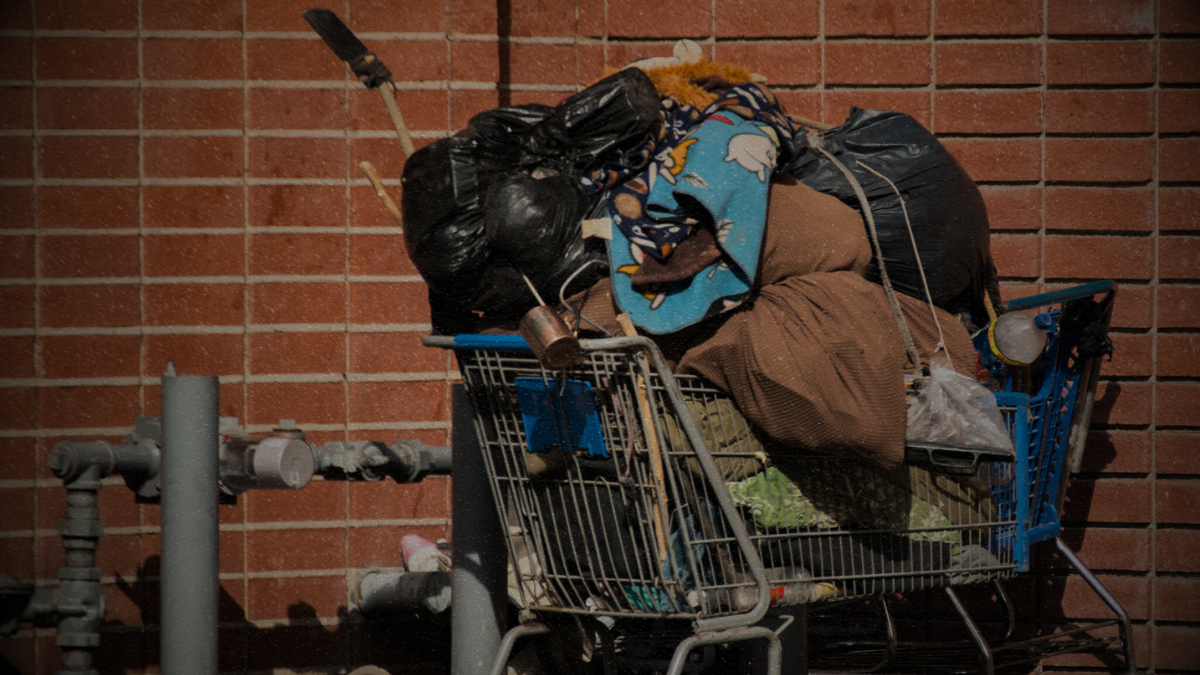Source: NC Newsline
It was announced Tuesday May 7th that the Raleigh City Council will be starting a new program to tackle homelessness. The city will be giving $5 million to the new program, going by the name “Unsheltered Homelessness Response Program”. This initiative comes just weeks after we saw dozens of individuals being forced to clear out of a homeless encampment in Raleigh.
As a nation, we saw a 12% spike in homelessness last year which is a record high since the collection of that data began back in 2003. This increase was seen in both sheltered and unsheltered homelessness. In Raleigh specifically, it is reported that there are nearly 70 homeless camps throughout the city. This new program will focus on getting individuals out of the camps and into housing.
The City Council has planned to allocate $1.1 million to hiring staff and administrative costs, and $1.9 million to direct subsidies to unsheltered people living in camps. Another $2 million will be designated to expand housing options for those exiting homelessness. The majority of that $2 million will go towards repairing Studios at 2800, a city owned property that was once a hotel but has since been turned into apartments for those experiencing homelessness.
Although this is meant to target individuals facing homelessness and those living in the various camps throughout the city, this program will also have benefits for the housed residents of Raleigh. While addressing the council, Emila Sutton, director of Raleigh’s Housing & Neighborhoods Department, and the head of the Unsheltered Homelessness Response Program, says that taxpayers spend about $35,000 on a single person experiencing homelessness. With this program and other approaches, such as building affordable housing or offering rent assistance, that number can be lowered to $32,000 or even $20,000 depending on the approach.
“Clearing camps is not a solution…It just displaces people, harms their trust in local government and spends money on something that does not solve the problem.” Stutton said. “The best solution to reducing the public cost of homelessness is to move people into housing,”





